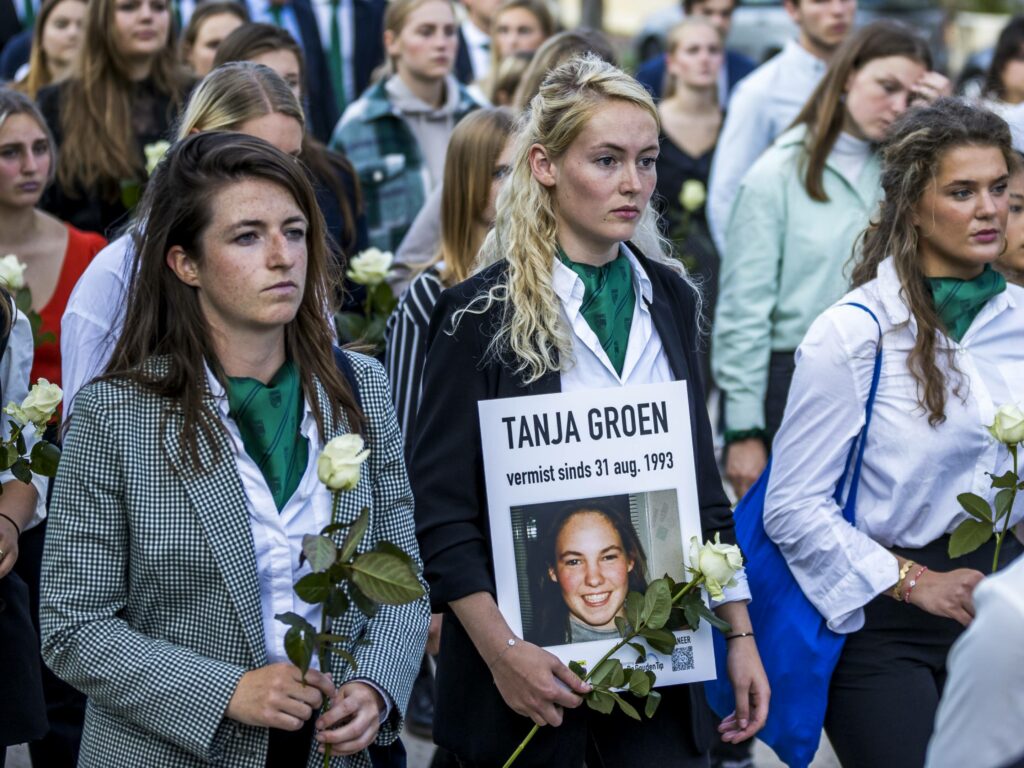As yet unknown DNA material found in the cars and homes of infamous Belgian paedophile serial killer Marc Dutroux has been brought to the Netherlands for the National Forensic Institute (NFI) to examine – hoping for a breakthrough in a disappearance case from 31 years ago.
The NFI is comparing the DNA material with traces found in the case linked to the disappearance of Tanja Groen in 1993, the Maastricht Public Prosecutor's Office said on Monday.
On the night of 31 August to 1 September 1993, Tanja Groen (18 at the time) disappeared, after just having started her studies in Maastricht. After a hazing evening, she cycled back to her student room in Gronsveld, a village closeby, but never arrived. Now, 31 years later, Groen and her bike are still without a trace.

Dutroux in the dock in 2004. Credit: Belga
In recent years, several leads have been investigated, but to no avail. Almost two years ago, then Justice Minister Van Quickenborne (Open VLD) announced that the Netherlands had asked Belgium for help; in the houses and cars of Dutroux, many hairs were found at the time, including those of women. The DNA profile of those hairs has been stored, but it has not yet become clear who they belong to.
The cold case team now wants to find out if there is a link between the two cases by comparing the evidence.
Two years after Groen's disappearance, Dutroux kidnapped Julie Lejeune and Mélissa Russo (both 8 years old at the time) in Grâce-Hollogne – barely 35 kilometres from Maastricht.
Who is Dutroux?
Dutroux is a Belgian convicted serial killer, serial rapist, and child molester. Initially convicted for the abduction and rape of five young girls in 1989, Dutroux was released on parole after just three years' imprisonment.
He was arrested again in 1996 on suspicion of having abducted, tortured, and sexually abused six girls aged between 8 and 19, four of whom died. His trial was widely publicised, and he was convicted on all charges in 2004.
The lenient result of Dutroux's first prosecution, as well as shortcomings on the part of the police in investigating his murders, caused widespread discontent with the criminal justice system – resulting in the complete reorganisation of Belgium's law enforcement agencies.

